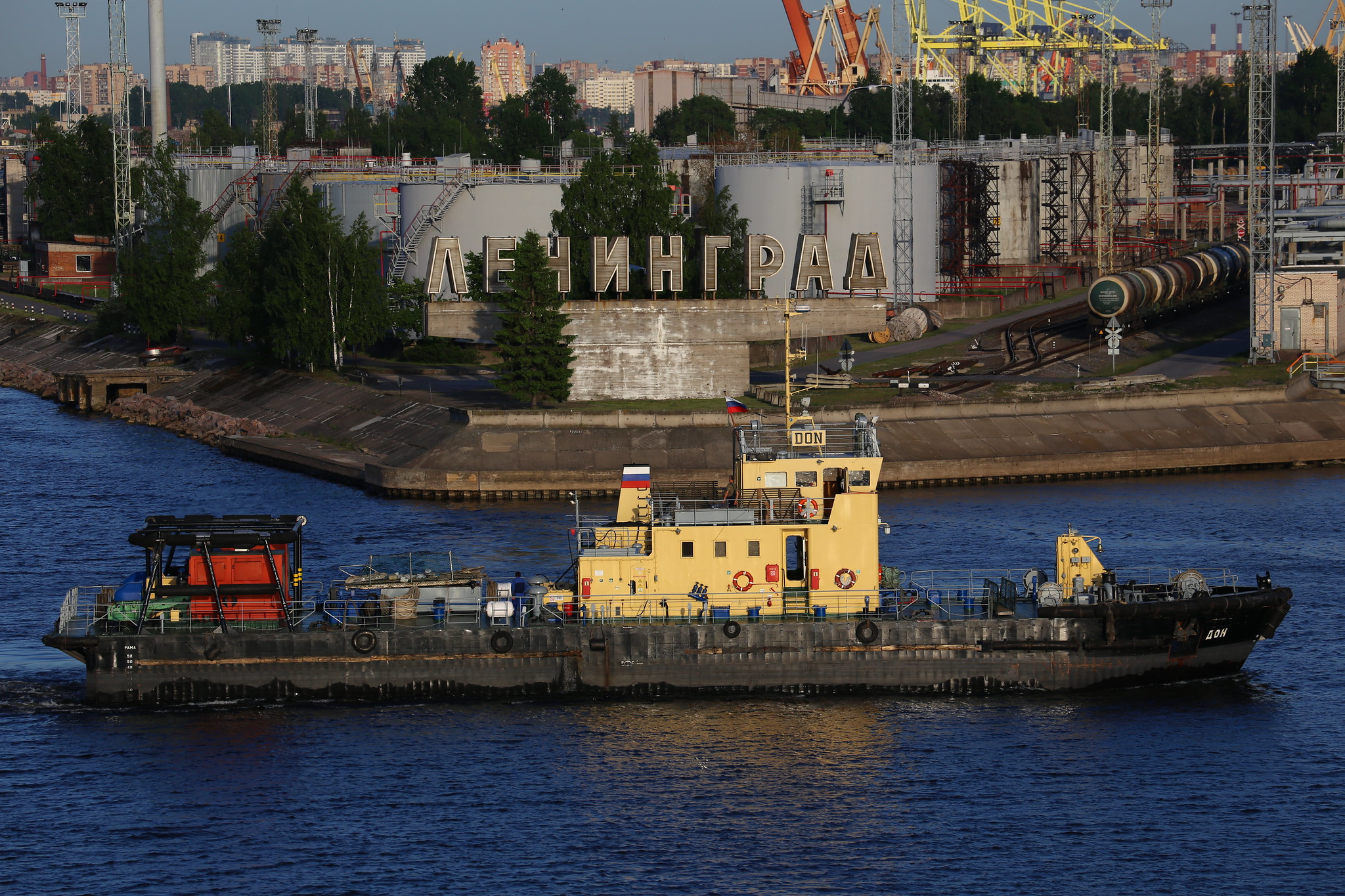
Russia Monitor is a review of the most important events related to Russian internal and external security, as well as its foreign policies.
Date: 8 March 2021
Belarus Begins Shipping Fuels Through Russian Ports
This is another sign of tightened cooperation between Belarus and Russia, or the higher level of Minsk’s reliance on Moscow. Alexander Lukashenko began shipping his country’s top export commodity, or oil products, through Russian ports after having withdrawn from the more profitable ports in the Baltic States, notably in Lithuania. The deal with Russia offers comparable trade conditions only in the first years. After that, Moscow has a free hand to dictate the cost of using its ports to ship Belarusian commodities. Officials in Minsk need to be aware of this, but the agreement was necessary to get support from the Kremlin.

On March 8, the Russian port of Ust-Luga in the Leningrad Oblast received the first batch of Belarusian gasoline intended for export. Belarus will ship products from its refineries through Russian ports under an agreement signed by the two governments. The Portenergro terminal welcomed some 3,500 tons of fuel. The cargo came from the Belarusian refinery in Mozyr a day ahead of the scheduled date. Alexander Drozdenko, the governor of the Leningrad Oblast, said that handling Belarusian fuels and oils corroborated his region’s position as one of the top economic partners of Belarus. The first batch of gasoline produced at the Mozyr oil refinery was transshipped at the Portenergo terminal on March 5. A day later, on March 6, the refinery shipped 3,600 tons of fuel oil to the port of St. Petersburg. Sending oil products from the Mozyr refinery to the ports in Russia is the first step of implementing the Russia-Belarusian agreement on the transshipment of Belarusian oil products for export through the ports in the Russian Federation. Under the deal, Russian ports in the Baltic Sea will handle over 9.8 million tons of Belarusian cargo between 2021 and 2023, including up to 3.5 million tons in 2021, 3.2 million tons in 2022, and 3.1 million tons in 2023. It is about oil products such as fuel oil, gasoline, and oil. The deliveries took place within the framework of an agreement on the transshipment of Belarusian oil products for export through Russian ports. In August 2020, when the Baltic States backed the Belarusian protests against the rigged presidential vote, Alexander Lukashenko, seeking to stay in power and counting on Russia, said he would redirect all of his country’s trade flows as well as the transit of foreign goods across its territory from mainly Lithuanian and Latvian ports to those in Russia. In September, the prime ministers of Russia and Belarus discussed some details. Under the deal, the port of Ust-Luga is where most Belarusian export flows would be handled. Other Russian ports are those in Primorsk, Vysotsk, and St. Petersburg.
Support Us
If content prepared by Warsaw Institute team is useful for you, please support our actions. Donations from private persons are necessary for the continuation of our mission.
All texts published by the Warsaw Institute Foundation may be disseminated on the condition that their origin is credited. Images may not be used without permission.

















